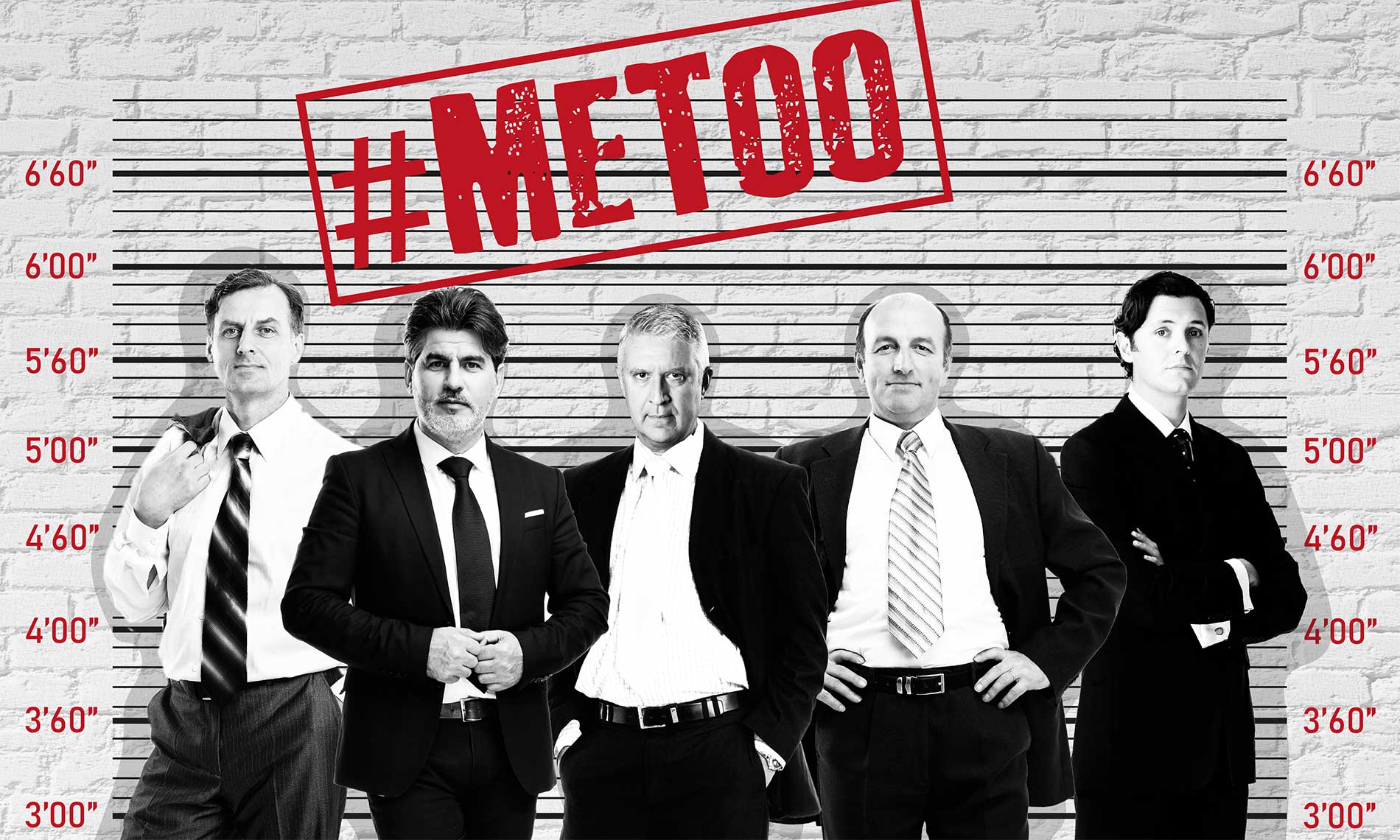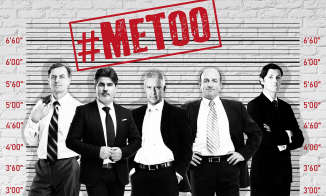Ask senior figures in the profession what has materially changed in the legal industry over the last decade and answers will likely include musings on technology, innovation and, for more pragmatic souls, the growth of American law firms in Europe.
Such woolly answers speak to the reality that the law looks much like it did ten years ago. What will not be mentioned, however, is what is rapidly emerging as a force with the potential to profoundly reshape the industry: the dawn of proactive regulation of major law firms.
That this is so rarely noted is striking because in practical terms, regulation for much of the profession did not in any meaningful sense exist until very recently. There was a code of conduct for solicitors, of course, but enforcement was, as recently as five years ago, almost exclusively geared towards small High Street firms. Those that remember the farce of the early 2000s when the Law Society had to be forced by a string of embarrassing headlines to address the routine abuse of conflict of interest rules by City firms will know how far we have come.
#MeToo’s impact on law is as Libor rigging was to the banking industry – the issue that ended the debate about the need for tougher enforcement.
Remember too that the iron rule of regulation is that watchdogs bite in direct proportion to publicity. In the same way that finance regulators had to come under pressure to act post-banking crisis and then found they could secure relatively easy wins, it now plays out in the law. Where once law regulators had neither the appetite, knowledge nor incentive to pursue major law firms, the last five years has seen an explosion in activity.
That dynamic was already evident before the #MeToo movement sparked into life two years ago, but its impact on law is as Libor rigging was to the banking industry – the issue that ended the debate about the need for tougher enforcement. Given the number of embarrassing disclosures in the profession, it is certainly now safe to say the partnership structure, and deference accorded to senior lawyers, makes the legal industry particularly prone to abusive behaviour. Throw in the wider issue of the profession’s dubious track record in drafting gagging agreements and it is clear where the points are converging.
Recent weeks have of course seen the high-profile sanction of a Magic Circle partner with several more headline-friendly cases pending; major regulatory cases against law firms have become commonplace. And on top of that, coming into force last month, we have the Solicitors Regulation Authority’s revised rulebook, which has considerably more significance and impact on the industry than commonly noticed, and the shift to a civil burden of proof in disciplinary cases, which will make it much easier to secure prosecutions.
This is a change as dramatic as it is unremarked and its impact can already be detected in the governance and culture of major law firms. The minimalist approach to ethics – based around the don’t-get-caught ethos – is finally falling from favour. It has even occurred to some law firms attempting to promote their corporate values and brands that accepting any deeply unpleasant but lucrative client because it is legal may not be worth the reputation/morale hit for institutions that are already drowning in cash.
The irony is that public life is evolving to expect business to show some measure of morality and consistency just at the point when equivalent expectations of politicians have been thrown out of the window. What’s the world coming to?
For more, see:
Full disclosure – How to resolve the profession’s #MeToo problem
Freshfields partner exits following internal conduct probe














